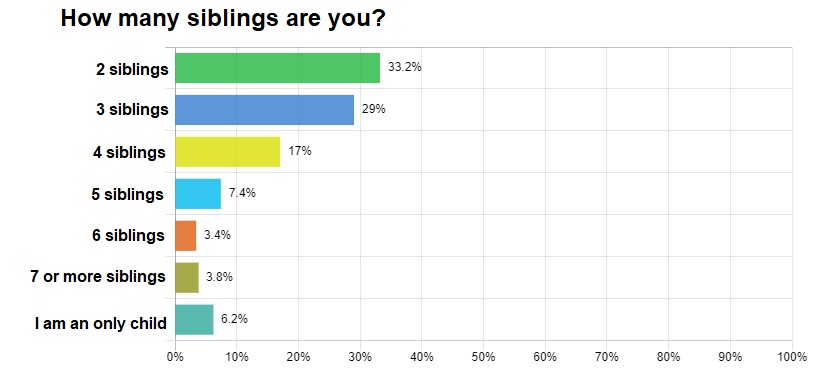In the past, Indonesians believed having many children was normal. In fact, for the early Baby Boomers generation born in the 1946-1950s, there was a popular term used: many fortune children. In the 1950s, actually some doctors in Indonesia had begun to think about the importance of birth rates. However, at that time, discussions about the concept of birth rates were still taboo.
Until 1957, there was a doctor named Raden Suharto – the personal doctor of Indonesia’s first President, Sukarno. At that time, doctor Suharto created the Family Planning Association (KB), which one of the programs campaigned for using contraceptives.
Family Planning (KB) is ideal in the era of the administration of Indonesia’s Second President Soeharto (a different person from doctor Suharto) is a small family with two children. The main jargon of KB is ‘two children are enough, men and women alike’.
Although diligently successful in the family planning program, President Soeharto’s family is clearly not an example of this program. From his marriage to Siti Hartinah, President Soeharto had 3 sons and 3 daughters. For President Soeharto, this family planning program is only by controlling the population in Indonesia.
So, what about the conditions in Indonesia after 63 years the KB program was formed? Let’s look at a survey conducted by Licorice!
Survey period: February 4, 2020 – July 31, 2020
Respondents: 500 Indonesian men and women aged between 10-59 years old

If seen from the survey, 33.2 percent of Indonesians claim to have one brother. This is in accordance with the family planning program campaigned in Indonesia.
In addition, there are 29 percent of Indonesians consisting of three siblings. Although not in accordance with the family planning program, having three children is considered not too much in Indonesia at this time.
However, there is still 31.6 percent of Indonesian people consisting of more than three siblings. This proves, in fact, the family planning program has not been very successful in Indonesia.
Why has the KB program not been successful?
The KB program has indeed campaigned for a very long time in Indonesia. However, this program is still unsuccessful because there are still some people who consider that birthrate restrictions are taboo, even sinful.
One member of the Indonesian House of Representatives (DPR RI), Okky Asokawati, noted that there were community groups who rejected the family planning program because of religious or cultural reasons. In fact, until 63 years was formed, the KB program still reaped the pros and cons among indigenous people, religious leaders, to social groups.
For these groups, using contraception is the same as violating God’s will. Because, religious communities believe, if God wants his people to have many offspring, then that will not be violated. In addition to that reason, there are also groups that reject family planning on the grounds of Human Rights (HAM). According to them, the family planning program has taken away the community’s right to have children.
Apart from these various reasons, the main purpose of the family planning program is to prevent a population explosion. A population explosion can occur if the mortality rate is low and the birth rate is high. If this population explosion occurs, then the level of poverty, food shortages, until the crime rate will increase. In fact, slums will continue to emerge as a result of the high prices of land and houses.
In addition, the government will also find it difficult to provide public services such as schools, hospitals, and housing because there are already too many people. Employment will also be reduced if the problem of population explosion is not solved. Currently, Indonesia ranks 4th with the most populous population in the world. In fact, in 2030, Indonesia is predicted to experience a demographic bonus or the population of productive age will be far greater than the population of unproductive age. It is predicted, by 2030, the population of productive age in Indonesia will reach 64 percent of the total population estimated at 297 million.
So, can the term ‘many kids have lots of luck’ popular in the past still be effective now?


















No comments yet.